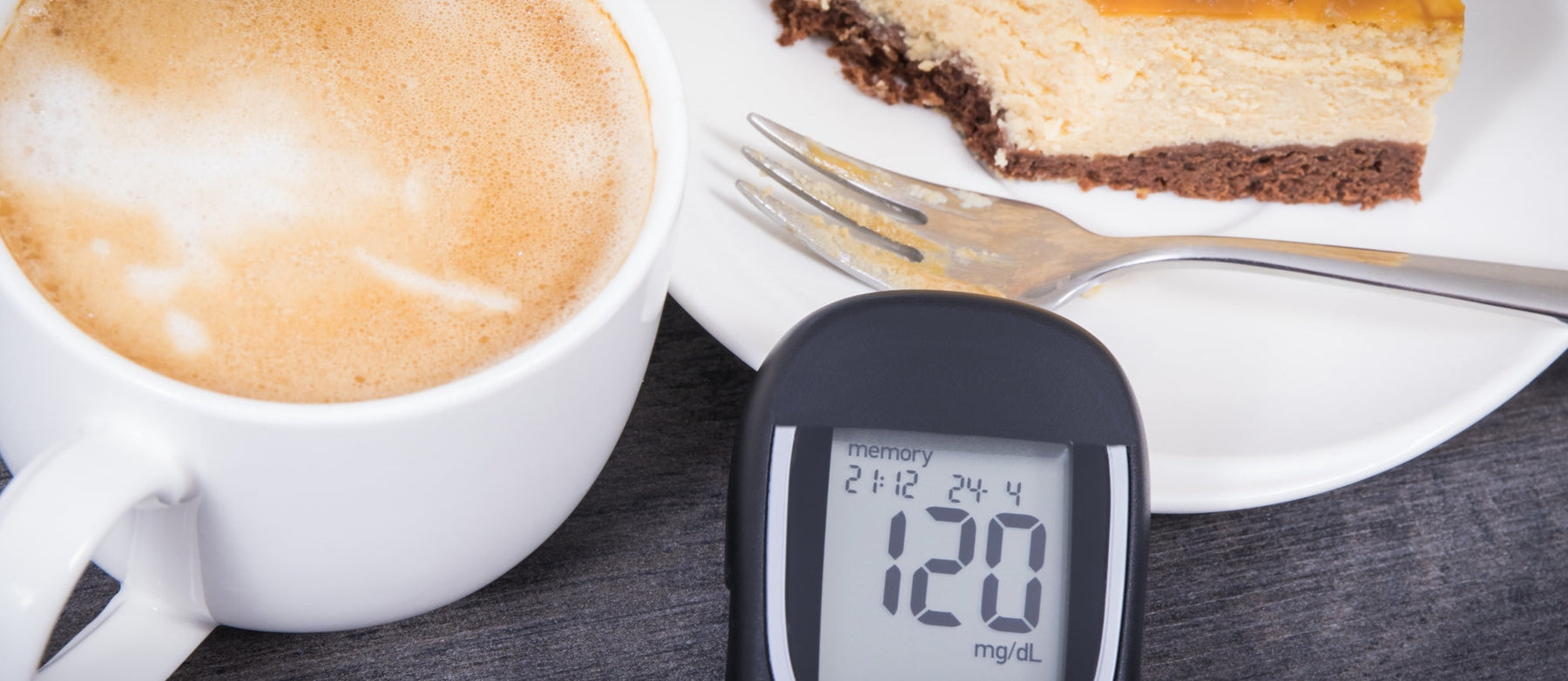
Is Coffee Beneficial for Diabetics?
Research suggests that 4.6 million people in the UK have been diagnosed with diabetes. A further 1.3 million may be living with the condition without knowing it.
Given the popularity of coffee, it is likely that most diabetics are drinking it. But is that a good thing?
Is coffee harmful or helpful if you have diabetes and how does it impact your chances of developing the condition?
What is diabetes?
Diabetes is a chronic metabolic disorder. It is characterized by persistently high blood sugar (glucose) levels and can lead to serious health issues if not properly managed. Diabetes occurs when the body either produces insufficient insulin or it can't effectively use the insulin it produces.
There are two types of diabetes. Type 1 is an autoimmune condition where the body destroys the insulin-producing cells in the pancreas. Type 2 diabetes develops either when the body becomes resistant to insulin or if the pancreas doesn’t produce enough insulin.
Could coffee help to prevent diabetes?
A significant 2013 study found that drinking coffee lowers the risk of developing type 2 diabetes. Over 100,000 people were monitored over a four year period and it was discovered that coffee consumption can deliver a positive impact in a relatively short space of time.
Further studies have supported these findings and have demonstrated that both caffeinated and decaffeinated coffee reduce the risk of developing type 2 diabetes.
How does coffee affect blood glucose and insulin?
Coffee can reduce the chances of developing diabetes but there is evidence to suggest that caffeine could impair insulin sensitivity. That isn’t the best news for those who are already diabetic.
However, coffee contains many other potentially helpful compounds. These include antioxidants such as magnesium, chromium, and polyphenols, all of which may play a role in improving insulin sensitivity. In other words, there are features of coffee that could balance the negative impact of caffeine on insulin sensitivity.
It is recommended that diabetics drink decaffeinated coffee. This enables them to take advantage of the positive affects of various compounds without experiencing the negatives of consuming caffeine.
It is important to note that the impact of coffee on blood sugar can differ significantly depending on an individual's sensitivity to caffeine and their overall diabetes management plan.
Is coffee and diabetes a black and white issue?
Black decaffeinated coffee could be beneficial to diabetics but what about white coffee?
Milk contains carbohydrates, which are broken down into sugars that can raise blood glucose levels. Those with both type 1 and type 2 diabetes must manage their carbohydrate intake, so it's important to consider the carbohydrate content of milk and how it might affect their blood sugar levels.
Whole milk contains a significant amount of fat, which can slow down digestion and lead to a more gradual increase in blood sugar compared to skimmed milk. It also contains more calories, and weight management is important for diabetics.
Even lactose-free milk contains sugars that can raise blood glucose. Most plant-based milks are even higher in carbohydrates than whole milk and so are poor choices for diabetics. The exception is unsweetened almond milk which is low in carbohydrates.

How should diabetics sweeten their drinks?
Clearly it wouldn’t be a good idea for diabetics to sweeten their coffees with sugar or to flavour them with sugary syrups.
Unfortunately, many artificial sweeteners are potentially harmful to health.
Sucralose has been shown to increase blood glucose levels and studies have suggested that aspartame could be carcinogenic.
But we have good news! Stevia is generally considered to be a safe and suitable sugar substitute for people with diabetes. It is calorie-free and boasts a zero glycemic index which means it doesn’t raise blood sugar levels.
Stevia is a natural, plant-based sweetener that is available in tablet and granular form.
Conclusions
In summary, black coffee is a great choice for diabetics and anyone who would like to reduce their chances of developing diabetes. It is advisable for diabetics to drink decaffeinated coffee, to avoid syrups, to use almond milk if they favour white coffees and to sweeten their drinks with stevia.
Coffee can be good for diabetics!



Comments
Leave a comment